One of the projects that has gained traction under the Smart City programme in Karnataka is the Tumakuru Smart City. Situated about 73 km northwest of Bangalore, Tumakuru or the coconut city is one of the industrial towns of Karnataka. Its location is critical as it has the potential to decongest Bengaluru, and Urban Development Minister UT Khader envisions that the city would become a satellite town of Bengaluru.
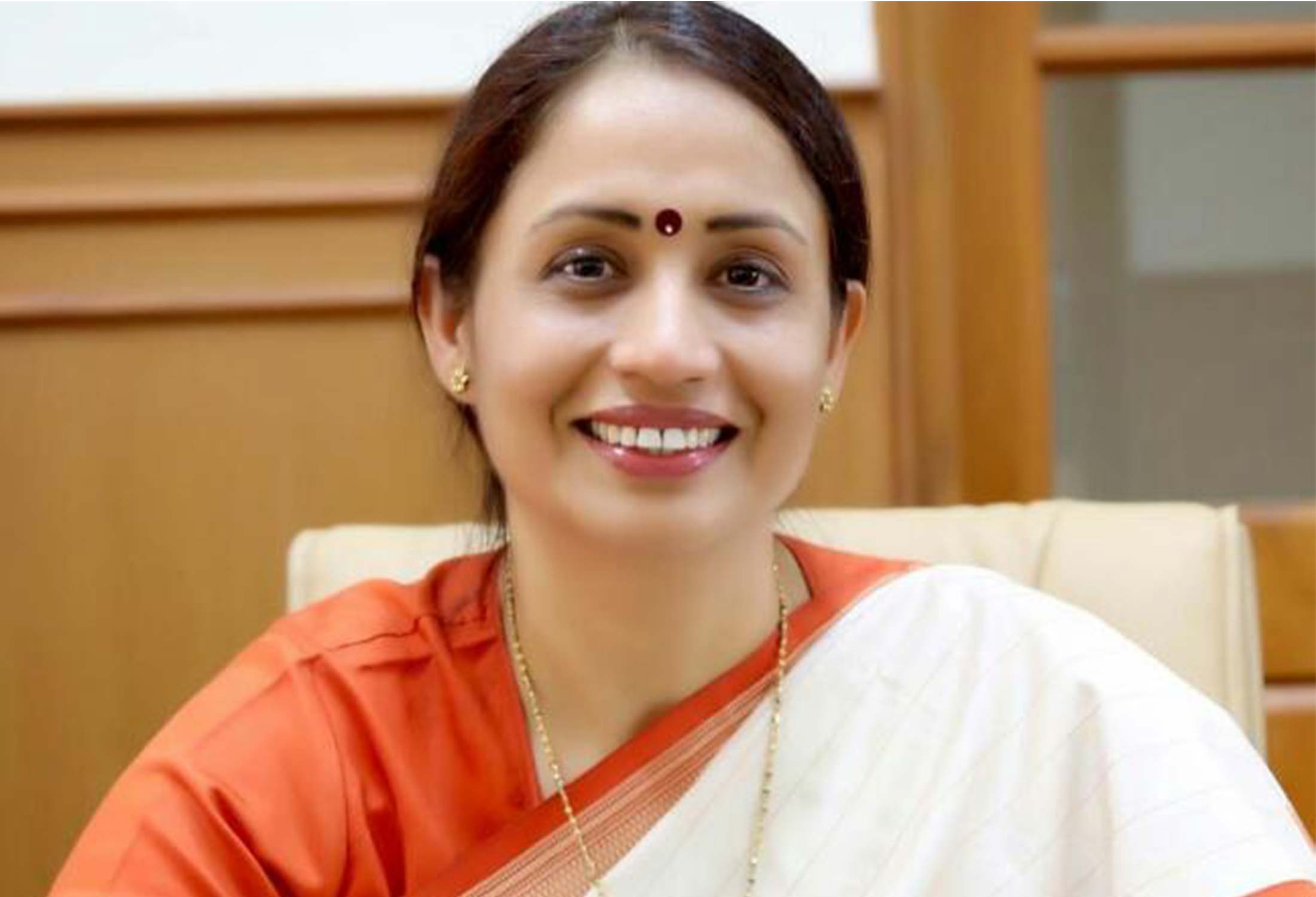
It acts as Bengaluru’s gateway to North Karnataka and sits on the Chennai-Mumbai industrial corridor, a fact that has led to its proposed development as Asia’s biggest industrial hub, which would include a Japan Industrial Township, according to Deputy Chief Minister Dr. G Parameshwara, who is also the minister in charge of the district.
A middle-class majority town, Tumakuru boasts of India’s first mega food park and has 24 large scale industries. As per the 2011 India census, the municipal town has a population of 3.06 lakhs, with a male-to-female ratio of 13:12. Home to a rich mix of colleges and universities, it has an average literacy rate of 75 percent. The town has an area of about 4821 square kilometres with about 575 kilometres of road length. It is crisscrossed by the Krishna and Kaveri rivers and has a considerable amount of natural resources.
It appears to be an easy choice for being developed as a Smart City and was chosen under this programme in 2016, in the second round of the government’s challenge, along with 26 other cities across India.
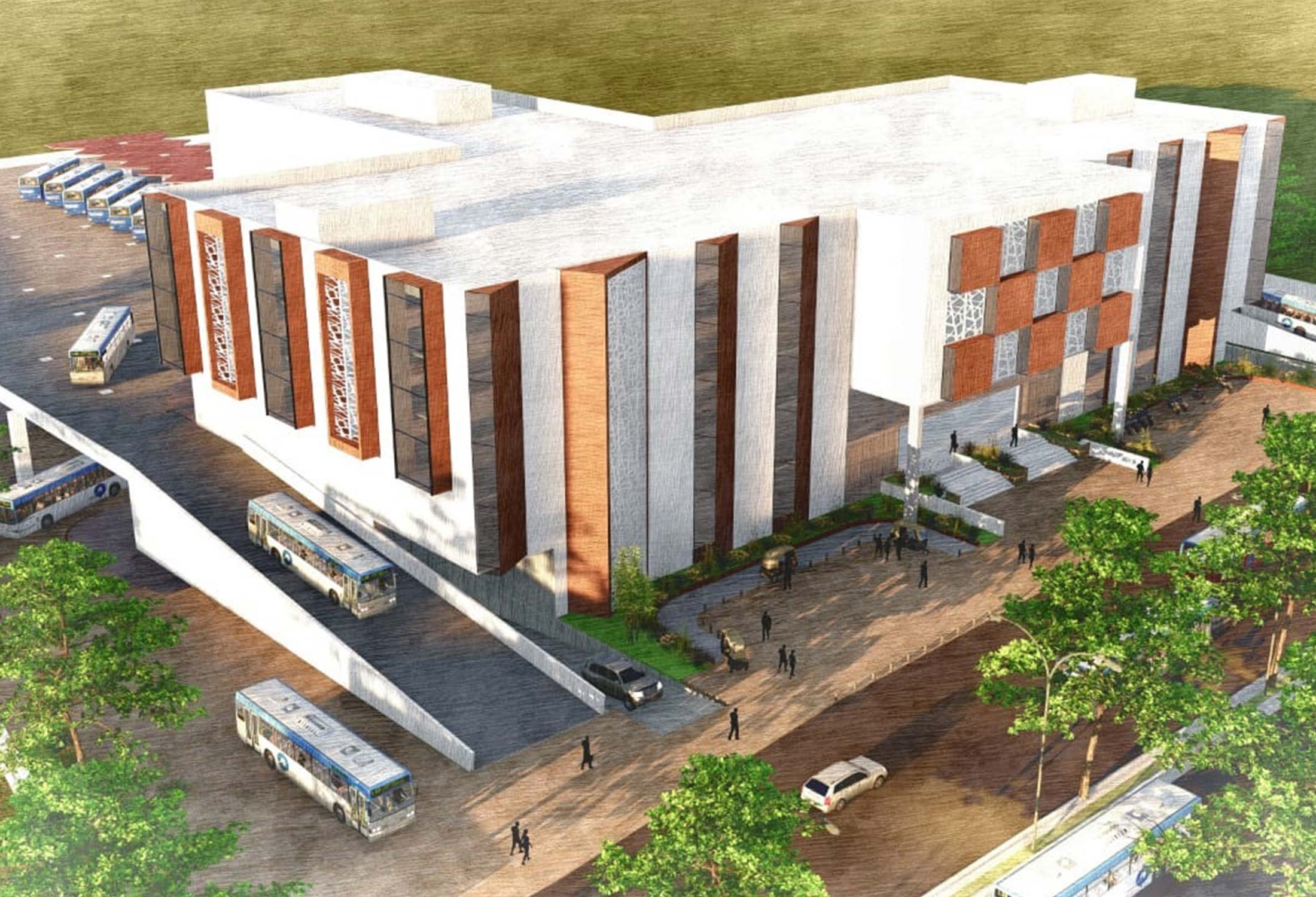
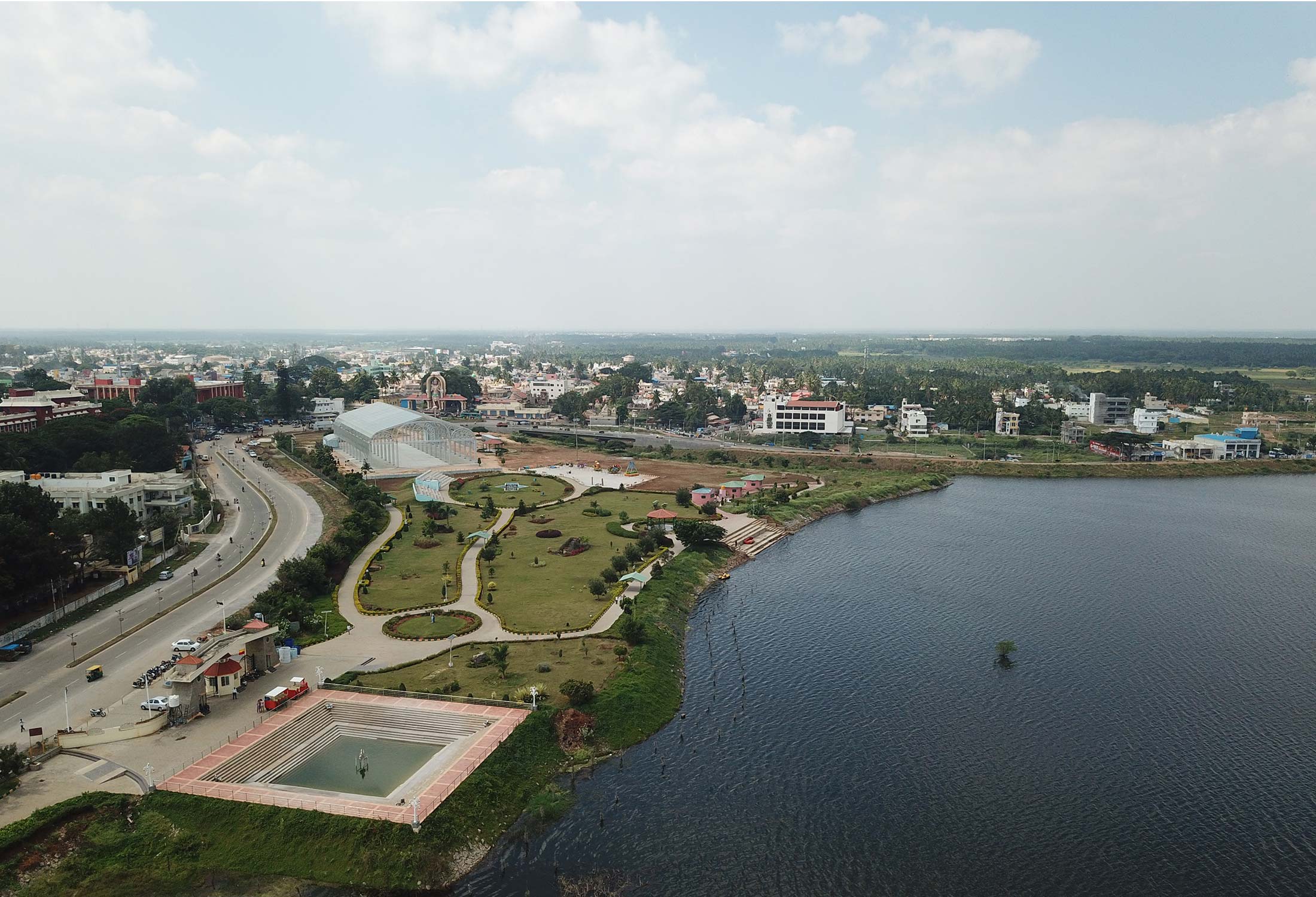
The aim is to “transform Tumakuru from just an edge-city of Bengaluru to the most preferred destination within the region, with a strong focus on economic development and provision of enhanced connectivity, high quality of life, ecological integration and inclusive development.”
– Dr. Shalini Rajneesh
Tumakuru Smart City Limited (TSCL) in Karnataka, was incorporated in 2017, under the Companies Act, 2013. The specific projects under the Smart City Proposal include providing the citizens of Tumakuru with enhanced safety and security, smart transit, and green infrastructure. With a Total Area Based Development Cost of Rs. 1586.98 Crore and a Total Pan City Solutions Cost amounting to Rs. 349.40 Crore, the funding is split equally between the Government of India and the Government of Karnataka.
Summing up the Smart City’s management’s take on building the future, Dr. Shalini Rajneesh, Advisor, Smart City Advisory Forum-SCM Tumakuru, and Principal Secretary to the Government’s Planning Programme Monitoring and Statistics Department, says the aim is to “transform Tumakuru from just an edge-city of Bengaluru to the most preferred destination within the region, with a strong focus on economic development and provision of enhanced connectivity, high quality of life, ecological integration and inclusive development.”
While facilities such as public metro trains would benefit the people of Tumakuru, helitaxis will connect it to Bengaluru. The result would make the satellite city an attractive hub, while easing the pressure of population density in the capital.
An array of initiatives for the would-be smart city is in the pipeline. All government schools will be transformed into high-tech smart schools with state-of-the-art tools to improve the quality of education. A digital library with a treasure of about 1.2 million journals will be made accessible to the entire country.
On the health awareness and assurance front, health-related data of every citizen of Tumakuru will be recorded in a digital nerve centre which will be further connected to hospitals, to handle medical emergencies. Drone technology will be used to map the infrastructure details to facilitate regular monitoring of various civic issues, for instance, the drainage systems.
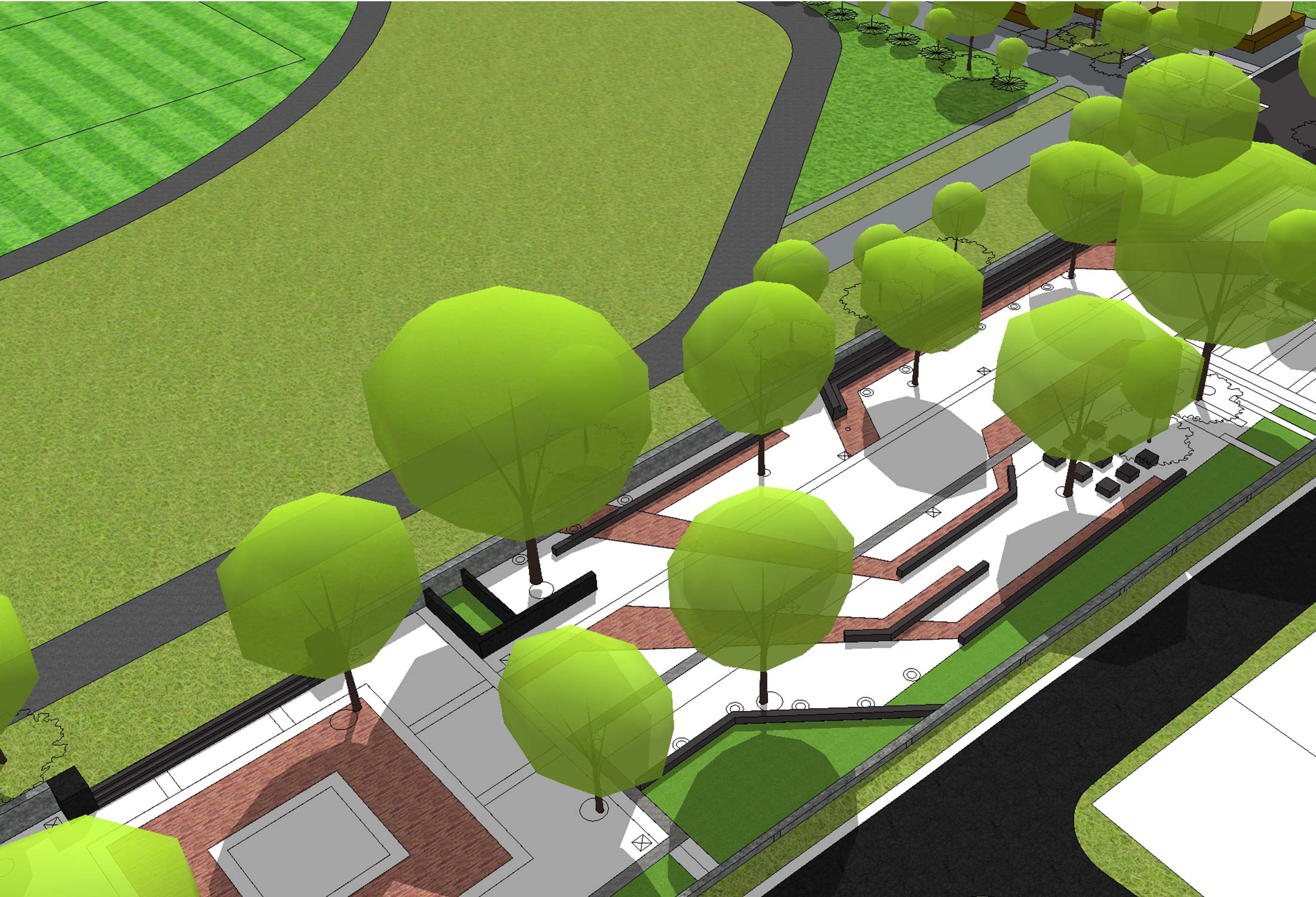
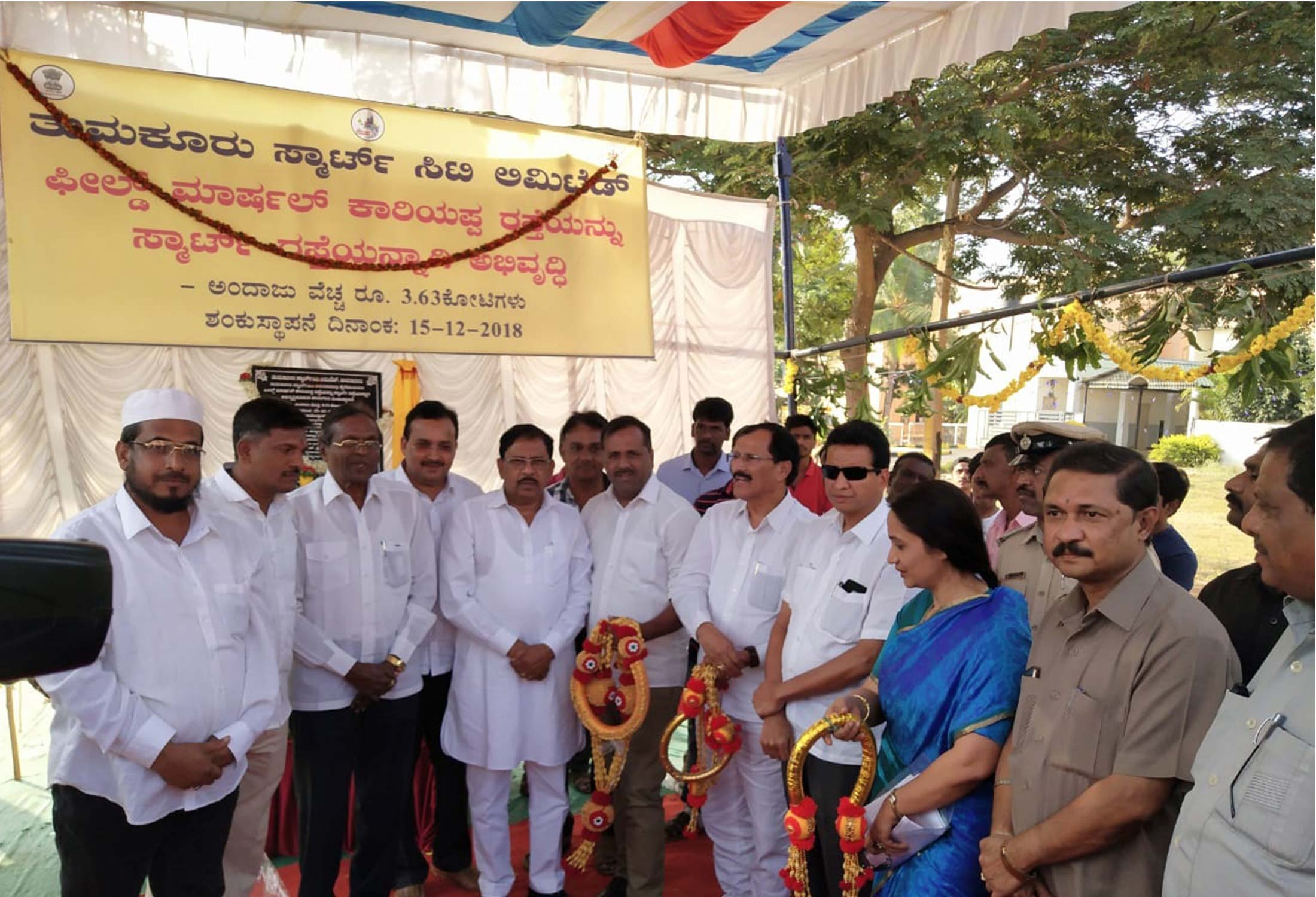
Additionally, smart payment cards for cashless operations and technology of integrated command and control for road safety will be introduced. Greener environment through instant gardens, sanitation, and crime control is high on the agenda. Plastic, that poses a major threat to the environment worldwide, comprises about 8-10 percent of the total municipal solid waste in Tumakuru. The city has come up with a solution to recycle discarded plastic into pavement tiles. “We are also installing machines which accept plastic bottles and instead return Indira canteen coupons and mobile recharge coupons,” says Dr. Rajneesh.
To cite a few examples, the administration of Tumakuru Smart City has been working on projects such as smart parks with open gyms, food and beverage-vending kiosks, and compost bins, and a smart lounge, with an e-library, ATM machine, café and other facilities.
Furthermore, a super specialty hospital, under a Private Public Partnership (PPP) model is being planned at a cost of Rs. 300 crore, for the city. The proposed super specialty hospital will have departments including cardiology, urology, neurosurgery, nephrology, oncology and neurology, providing the very best in healthcare to citizens.













